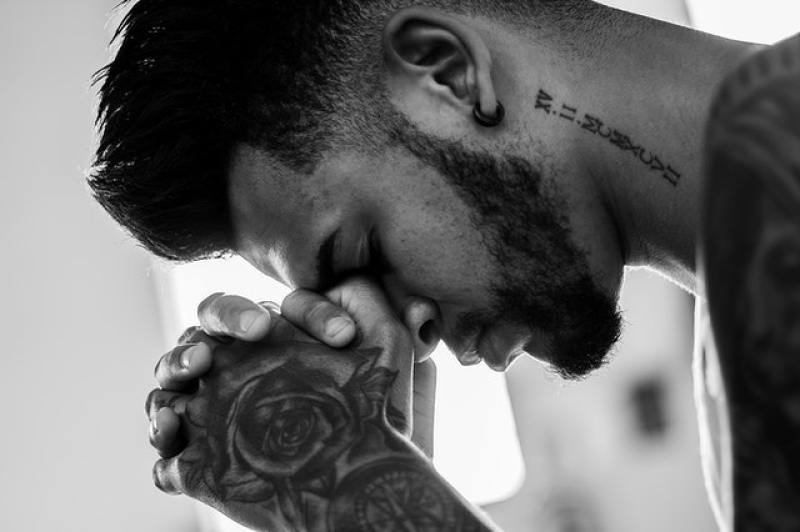
A Christian group in the United Kingdom recently launched a prayer campaign seeking God's protection against a ban on "conversion therapy."
The Christian Post said The Christian Institute, a renowned advocacy and charity group in the U.K., launched a campaign last October 15 entitled "Let Us Pray" in response to the government's upcoming legislation that is expected to ban "conversion therapy." The intended ban on "conversion therapy" would prohibit clergy and religious groups from praying for people with same-sex attraction issues.
Accordingly, the British government repeatedly has announced its aim to ban "conversion therapy" though it vaguely defined what actually falls under its classification. LGBT advocates have loosely used "conversion therapy" to encompass a variety of terms from illegal assaults to "quack medical practices."
"The Government wants to ban it but hasn't said what 'it' is. In reality, 'conversion therapy' is a wide umbrella term chosen by LGBT campaigners. It covers grotesque illegal assaults such as 'corrective rape' and abusive quack medical practices like electric shock 'therapy'," The Christian Institute said in the campaign's website.
The Christian Institute elaborated that campaigners wishing the ban to be implemented want the definition for "conversion therapy" to expand to the counseling of the members of the LGBTQ community regarding their sexual behavior and in promoting Christianity's teachings on sexuality and sexual ethics. This has then prompted churches to fear that the government intends to ban prayer.
"But the campaigners want to go much further. They say: 'Any form of... persuading someone to change their sexual... behaviour... or gender identity should be illegal'," Let Us Pray's About Section read.
The Let Us Pray website highlighted the letter of the Ozanne Foundation to Britain's Prime Minister Boris Johnson in September of 2020 requesting the ban on "conversion therapy" as being "harmful" because religious groups allegedly use it to change the behavior of a person. Ozanne Foundation is a charity group advocating acceptance and equality and works with religious organizations worldwide.
"This is not a matter of freedom of speech... this harmful practice is unfortunately promoted and practised primarily by religious leaders... the ban must... ensure that no loopholes are created that allow those who practise conversion therapy to offer help in 'changing one's behaviour'," the letter read.
The Let Us Pray website rebuked the Ozanne Foundation's argument, pointing out that Christians should be given the liberty to practice their faith, which includes reaching out to those in need of prayers.
"It shouldn't be illegal for Christians to teach their faith, or for people to pray for their friends, but that's clearly what the campaigners want," the Let Us Pray website emphasized.
Ozanne Foundation's letter, sent by its founder Jayne Ozanne, came in response to Anglican Bishop of Manchester David Walker's interview with The Guardian in June. In the said interview, Walker pointed out that "gentle, non-coercive prayer" should not be included in the ban but only those that are done with "a level of power imbalance and a level of force."
Johnson, on the other hand, told the Evangelical Alliance in a letter in March that he doesn't want them to face criminal penalties reiterating the move they made in 2018 of ending conversion therapy which still allows "prayer."
"As the Government made clear in 2018, when we first made our commitment to end conversion therapy, we will continue to allow adults to receive appropriate pastoral support (including prayer), in churches and other religious settings, in the exploration of their sexual orientation or gender identity. Like you, I do not want to see clergy and church members criminalized for normal non-coercive activity," Johnson said.
The proposed legislation against "conversion therapy," when approved, is said to be a violation of the European Convention on Human Rights obligations on the expression of biblical sexual ethics.






















